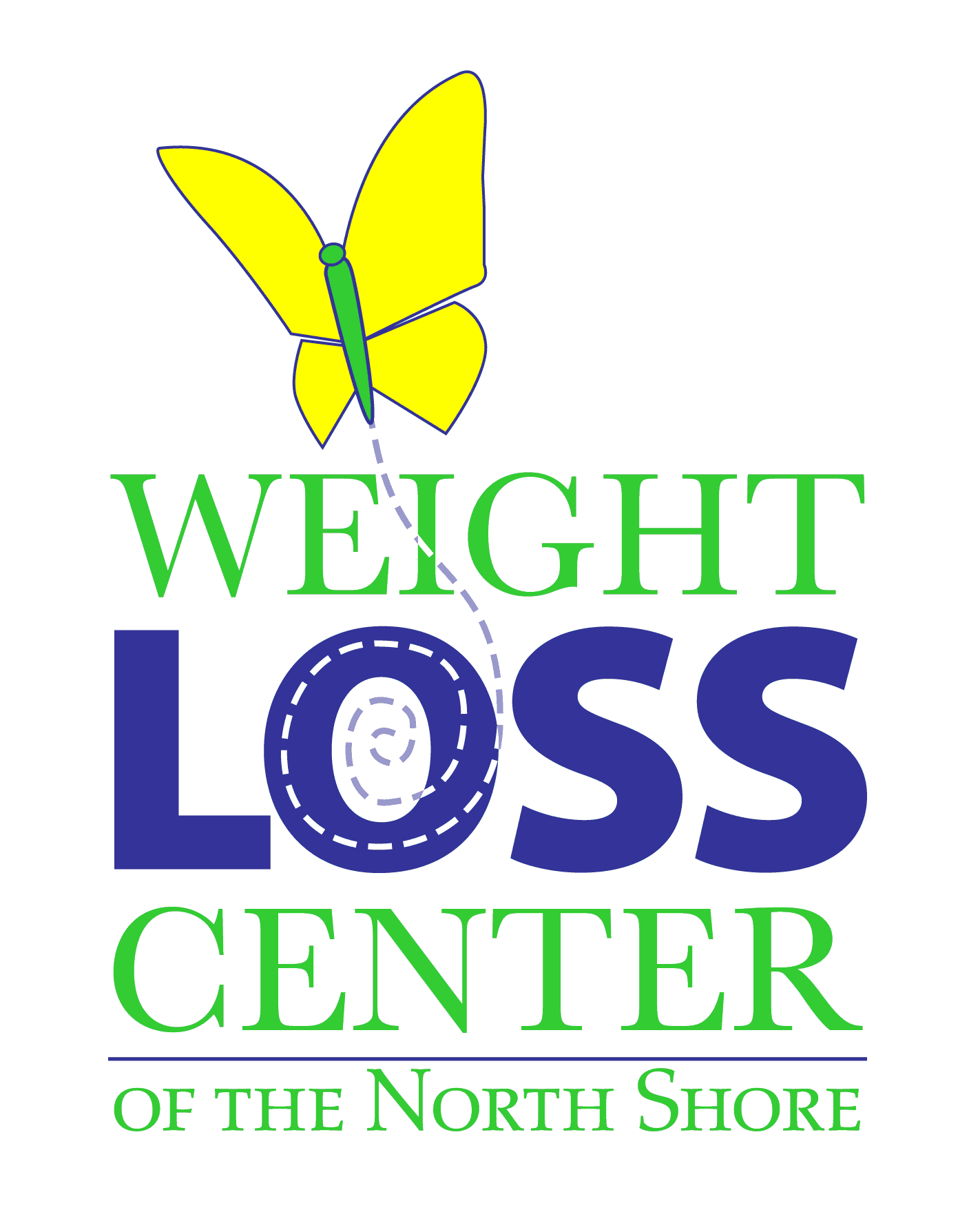Common Misconceptions About Weight Loss
Embarking on a weight loss journey can be challenging, and it's important to have accurate information to guide you along the way. However, there are numerous misconceptions about weight loss that can hinder progress and lead to frustration.
Crash Diets
One prevailing misconception is that crash diets or extreme calorie restriction offer a quick fix for weight loss. Crash diets are diets with the aim of achieving very rapid results. While these approaches may yield initial results, they are rarely sustainable or healthy in the long term. Rapid weight loss often leads to muscle loss, nutrient deficiencies, and metabolic slowdown. Instead, focus on adopting a balanced diet that provides essential nutrients while creating a moderate calorie deficit.
Spot Reduction
Many people believe that targeting specific areas of the body with exercise can lead to localized fat loss. However, spot reduction is a myth. When you lose weight, it occurs throughout the body, not in isolated regions. Incorporating a combination of cardiovascular exercise, strength training, and a balanced diet will contribute to overall fat loss and body toning.
Weight Loss Supplements and Pills
The weight loss industry is rife with promises of quick results through supplements or magic pills. It's important to approach such claims with skepticism. While some supplements may provide modest benefits when combined with a healthy lifestyle, there is no substitute for a balanced diet and regular exercise. Always consult a healthcare professional before considering any weight loss supplements.
Cutting Out Entire Food Groups
A misconception often arises when people believe that eliminating entire food groups, such as carbohydrates or fats, is necessary for weight loss. However, our bodies require a balance of macronutrients for optimal functioning. Instead of cutting out entire food groups, focus on making healthier choices within each category. Choose whole grains, lean proteins, and healthy fats while moderating portion sizes.
Weight Loss Does Not Equate to Overall Health
Weight loss is just one aspect of a healthy lifestyle, and it does not guarantee overall health. True well-being encompasses mental health, cardiovascular fitness, strength, flexibility, and more. Adopt a holistic approach to health that includes regular physical activity, stress management, and a balanced diet to enhance your overall well-being.
It’s Not Only Diet
While diet plays a significant role in weight loss, exercise should not be overlooked. Regular physical activity offers numerous benefits, including increased calorie expenditure, improved cardiovascular health, muscle tone, and overall fitness. Exercise also boosts mental well-being and supports long-term weight maintenance.
Debunking common misconceptions about weight loss is essential for achieving sustainable results. By understanding the truth, you can embark on a successful weight loss journey. If you're ready to take control of your weight loss journey, we invite you to explore our program at Weight loss Center of The North Shore. Our team of experts is dedicated to providing you with the guidance, support, and evidence-based strategies you need to achieve your weight loss goals while prioritizing your overall health and well-being. Contact us Today.
References
Mann, T., Tomiyama, A. J., Westling, E., Lew, A. M., Samuels, B., & Chatman, J. (2007). Medicare's search for effective obesity treatments: diets are not the answer. American Psychologist, 62(3), 220–233.
Miller, C. T., & Fraser, S. F. (2018). Spot reduction of adipose tissue. Sports Medicine, 48(12), 2857–2862.
National Institute of Diabetes and Digestive and Kidney Diseases. (2017). Weight-loss and nutrition myths. Retrieved from https://www.niddk.nih.gov/health-information/weight-management/myths-nutrition-physical-activity
Academy of Nutrition and Dietetics. (2020). Debunking myths: Weight management.
American Council on Exercise. (n.d.). Strength training 101. Retrieved from https://www.acefitness.org/education-and-resources/lifestyle/blog/6604/strength-training-101
Harvard Health Publishing. (2021). The truth about fats: the good, the bad, and the in-between. Retrieved from https://www.health.harvard.edu/staying-healthy/the-truth-about-fats-bad-and-good
World Health Organization. (2020). Physical activity and adults. Retrieved from https://www.who.int/dietphysicalactivity/factsheet_adults/en/
American Heart Association. (n.d.). Losing weight. Retrieved from https://www.heart.org/en/healthy-living/healthy-eating/losing-weight
